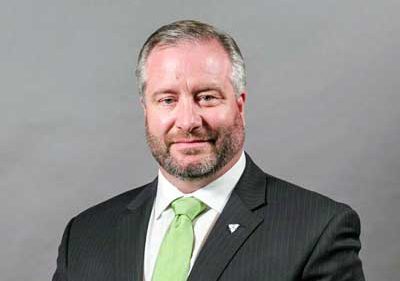Our community has laid to rest yet another young life cut short by the ravages of cancer and our Manitoulin community has rallied round to support the family in this, their most difficult time of trial. Islanders have always stepped up during times of tragedy and disaster to lend a neighbourly hand—it’s what we do.
The response of Manitoulin Island residents to such events are not the exception, rather the rule, in rural communities across this nation. We may even hazard a guess, buttressed by anecdotal references in the media, that rural communities across the globe have this most laudable of virtues in common. We care about our friends and neighbours.
What is it then that seems to disconnect our politicians from the human face of the decisions that they make regarding cuts to health services and the supports families need when facing huge health impacts in their lives?
More of our politicians at the provincial and federal level should take a page out of the book of Algoma-Manitoulin MPP Mike Mantha, who regularly opens his heart (and his home) to the families of cancer patients travelling south for treatment. Whatever partisan take one may have on the proposed policies of each of the parties at Queen’s Park, there is no denying the size of Mr. Mantha’s heart or the sincerity of his actions—he is a genuinely good guy.
Our member of the provincial legislature, while certainly exceptional in degree, isn’t all that unusual in that regard. The Expositor has had occasion to interview and get to know many politicians serving at all levels of government down through the years, and “off the record” they are to a person decent, caring individuals who truly want to serve their communities well.
So how do the decisions that dispassionately tell the parents of an older child with autism that their child no longer qualifies for the services they need to live to their full potential simply because they have reached an arbitrary age?
How is it possible that a provincial government, made up almost entirely of decent and caring individuals, would take aim at cutting those services aimed at assisting the most vulnerable in our society?
It would seem that governments, much like modern corporations, become sociopathic in their detachment. Removed from the vulnerable, the dispossessed and those defenseless human beings they are purportedly charged with protecting, politicians too often accept the arguments of those who have a vested interest in the government not stepping up to help.
In most cases, the cutting of services to the vulnerable in our province is actually counterintuitive, as the butcher’s bill comes calling in other ways and means. Whether it be the elderly patient who is trapped in a hospital bed because there is no open space at a long-term care facility, or the person suffering the issues of mental health who is housed in a prison instead of getting the help they need, the cost of not providing the care usually outweighs the cost of meeting the challenge at the door.
The Ontario Works recipient who can afford to take a low paying entry level job thanks a child care subsidy is someone who now willingly and enthusiastically contributes to society.
Of course, those increased costs of not serving those vulnerable people are not often directly linked to the purported savings of program cuts.
Societies are systems, and each and every decision taken has an impact on the rest of the system. It is often not the zero sum game that some politicians seem to believe. The political systems which govern our society need to take into account the full gamut of the impacts of decisions—and come to better understand the actual people they seek to serve.
More of our politicians, and the bureaucrats who feed them their policy options, need to take a page out of the playbooks of people like Mr. Mantha and get a closer view of those whom they serve.
We would all be the better for it.




